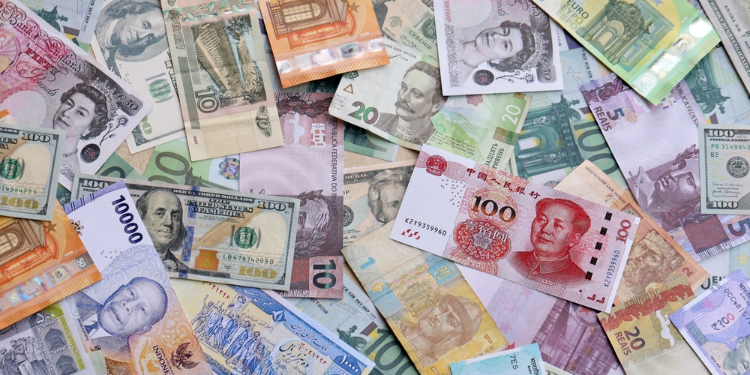
A foreign currency drought in Mauritius, the removal of the lien certificate requirement for vehicle purchases, and yet another round of Air Mauritius flight delays… Here's a breakdown of this week's key events.
Foreign currency shortage hits the market
The relentless devaluation of the Mauritian rupee, driven by inflation, is leaving its mark. Households are grappling with rising living costs, but the local economy is in even murkier waters. The foreign exchange market is currently facing a critical shortage of foreign currency. Demand for international currencies surges at this time of year, as businesses strive to secure enough stock for the festive season: toys, food supplies, clothing, and electronics.
The scarcity primarily affects the major currencies—euro, US dollar, and British pound. The Bank of Mauritius is closely monitoring the situation. Since March 2020, the bank has taken significant action, selling off $4.3 billion to stabilize the market. In 2024, it will continue these interventions, injecting another $235 million, mostly concentrated in the latter half of the year.
Selling a vehicle: No longer necessary to obtain a certificate of pledge
A relief for car owners: the lien certificate is no longer required when selling a vehicle between private individuals. Effective from Friday, September 13, this change eliminates an administrative hurdle. Instead, a new online service by the Registrar General will streamline the process. Additionally, permit renewals will come into effect starting September 20.
Aviation: Several Air Mauritius flights delayed
Technical difficulties continue to plague Air Mauritius, the national carrier. Multiple flights faced delays this week. A scheduled flight to Paris on Monday night, originally set for 10:45 p.m., was delayed by over 12 hours, finally departing at 11:30 a.m. the next day. A fuel leak in one of the engines necessitated extended maintenance by the airline's technical team.
Passengers on a London-bound flight endured similar frustrations. The flight, scheduled for 10 p.m., didn't leave the tarmac until midnight due to last-minute repairs. A Malaysia-bound flight met the same fate, its departure also delayed by technical issues.
No tax for those earning up to Rs 30,000
Employees earning a net monthly salary of Rs 30,000, with no dependent children, will now be exempt from income tax. This move follows the introduction of the Progressive Income Tax, outlined in the 2023/2024 Budget. The prior tax-free threshold of Rs 325,000 has been revised. Now, taxpayers will pay no tax on the first Rs 390,000 of their annual income.



















